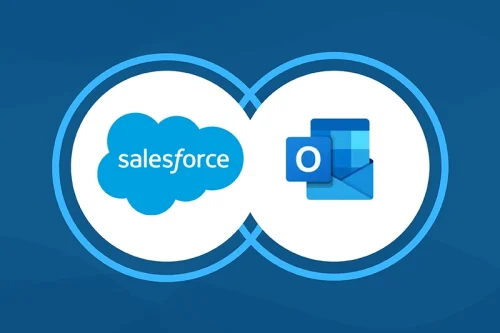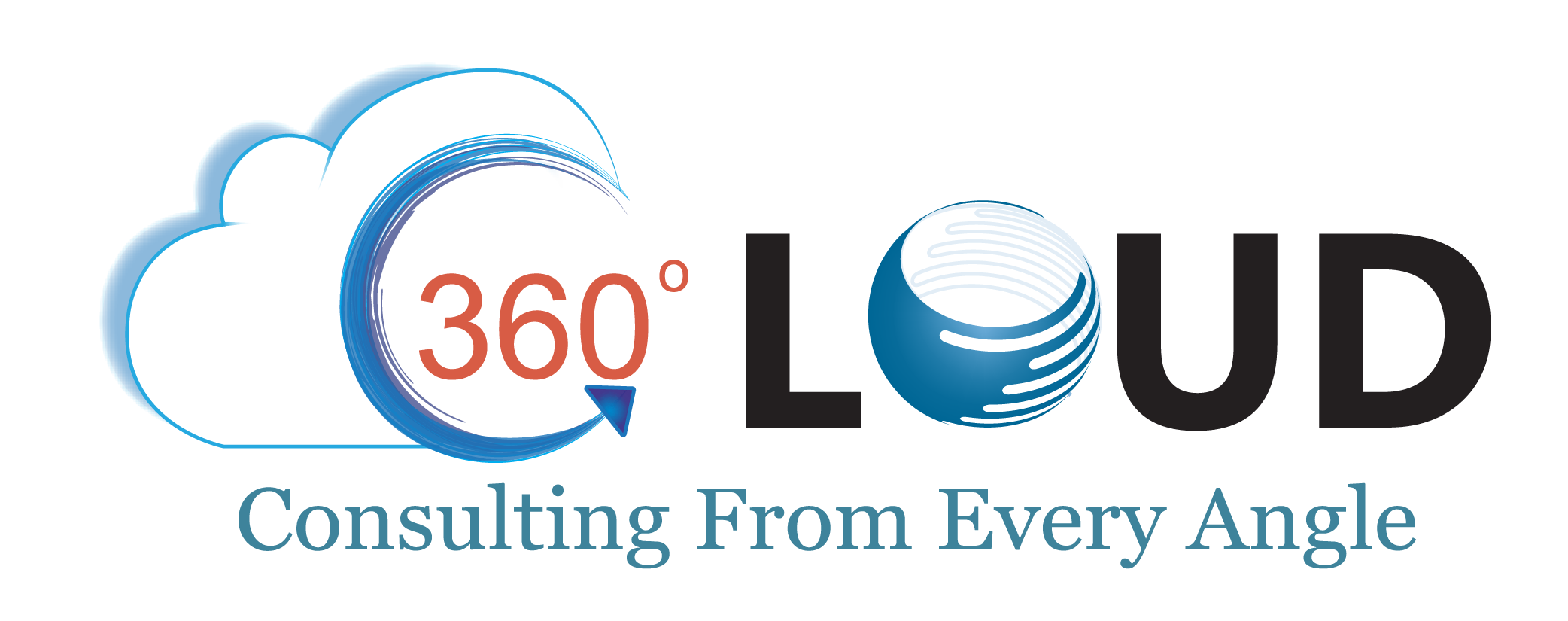PitchBook Salesforce Integration: Why Firms Are Going for It
20 Nov 2024
Table of Contents

Data is the backbone for any company from any industry sector, making it efficient for teams to evaluate it to make informed decisions and improve operational efficiency. In the financial services sector, it can become increasingly difficult to work with and manage sensitive finance related information due to which, they count on PitchBook to handle it. But, to make it more efficient, firms are now syncing their Salesforce CRM with PitchBook. By PitchBook Salesforce integration, firms are improving operational efficiencies, easily handling data, and evaluating it to personalized customer engagement and experience.
In this blog, we’ll dive into the reasons why firms are embracing the PitchBook Salesforce integration.
Table of Contents
Why Firms Are Opting for PitchBook Salesforce Integration
Considering implementing the PitchBook Salesforce plugin can enable firms to unlock a range of benefits that enhance operations, client relationships, and overall business performance.
Let’s take a deeper look at why businesses are increasingly adopting this integration:
1. Streamlined Data Management Across Systems
Maintaining independent CRM and financial information in different environments can be inefficient, error-prone, and an opportunity lost. With the connection between the two, firms are able to create a system that seamlessly pulls data from PitchBook into Salesforce with any manual inputs required thus providing accurate financials.
- Avoids Data Entry: Automated data transfers save hours and reduce the likelihood of human error.
- Seamless Unified Data Views: Firms are able to create an end-to-end view of client profiles, by integrating both CRM data with financial metrics, investment insights and deal histories.
- Higher accuracy and timeliness of information: Increased, on-demand access to accurate source data with real-time syncing across both platforms.
2. Enhanced Reporting and Analytics Capabilities
The synchronization helps businesses a lot by integrating PitchBook financials data and Salesforce reporting services, businesses receive enhanced visibility into the financial health of clients, deal activity, and investment opportunities. With access to improved data, firms can do more robust reporting and analysis leading to more informed decision-making.
- Enhanced Financial Reporting: The integration allows firms to create comprehensive reports that merge CRM data with PitchBook’s financial data, enhancing forecasting and planning capabilities.
- Dashboards to Your Own Liking: Salesforce has dozens of customizable dashboards and teams can generate custom views that highlight key PitchBook metrics in the context of CRM data for simple decision-making.
- Identify Growth Areas: Firms can track trends, deal flow and financial patterns which makes it easier to recognize emerging opportunities or ways of growing.
3. Accelerated Deal Flow and Streamlined Sales Processes
Firms in the investment and finance sectors often manage a large volume of deals, clients, and opportunities. The PitchBook Salesforce integration helps accelerate deal flow and streamline the sales process by automating key steps and providing real-time access to important deal and financial information.
- Deal Tracking: The integration of the PitchBook deal data with Salesforce enables the firm to efficiently track all aspects of deals, to follow up on any opportunity, and to be sure about the leads in the pipelines.
- Automatic Alerts: The sales teams are automatically notified when a deal passes a milestone or reaches a point at which an action can be undertaken.
- Improved Collaboration: The integration allows for better collaboration among different teams (e.g., sales, finance, operations) by providing a shared view of deal activity and client progress.
4. Better Client Relationship Management
Accessing PitchBook data in Salesforce, provides tremendous value to firms as it meets client needs with a 360-degree view of the clients they serve. It allows for more individualized, data-driven engagements with customers and helps to build stronger relationships and better retention rates.
- 360-Degree View of Clients: Firms are integrating data on client preferences, previous transactions, market activity and financial performance into a single view
- Tailored Engagement: Sales and relationship managers have access to recent financial insights from PitchBook, which enables them to personalize communication for the client.
- Proactive Service: With insight on how clients financial needs evolve overtime, firms can be proactive and provide solutions that are tailored specific to their individual situations.
5. Increased Operational Efficiency
In a competitive world, where efficiency is an imperative, PitchBook-to-Salesforce integration increases overall productivity with automation of processes, removal of manual work, and a heightened ability for quick access to critical information.
- Automated Data Synchronization: Integration allows automatic data synchronization between PitchBook and Salesforce, disabling manual inputs and freeing up time for valuable-added tasks.
- Timely Access to Critical Data: Sales teams and analysts have access to real-time CRM data and financial insight, giving them a head start in making informed decisions quickly.
- Resource Optimization: More efficient allocation and distribution of resources is available with automation of the workflow that lessens bottlenecks resulting into higher outputs.
Best Practices for Successful PitchBook Salesforce Integration
While the benefits of integrating PitchBook and Salesforce are clear, the process can be complex. To ensure a smooth and successful integration, firms should follow best practices that maximize the value of both platforms.
1. Define Clear Objectives for Integration
Before beginning the integration, firms should define what they hope to achieve. Are they looking to streamline reporting, improve deal flow, or enhance client engagement? Defining clear objectives will help guide the integration process and ensure that it aligns with the firm’s strategic goals.
2. Invest in Customization
Both PitchBook and Salesforce offer customization options, and firms should tailor their integration to suit their unique needs. Whether it’s creating custom reports, setting up automated workflows, or designing dashboards that reflect specific KPIs, a customized approach ensures the integration is optimized for the business.
3. Leverage Expert Support
Integrating complex systems like PitchBook and Salesforce requires expertise. Firms should hire trusted Salesforce consultants who can guide the team on best practices and efficient use of the integration.
4. Train Teams and Foster Adoption
It is necessary for firms to invest in training their teams so they can learn about the functionality of the integrated system. Fostering adoption across departments is key to ensuring that the integration delivers the expected results.
Consider PitchBook Salesforce Integration with the Best Professionals
As financial firms tread through a heavy competitive pressure and a data-driven environment, the Salesforce PitchBook integration serves as an exceptional tool that widens the operational capability of a firm, nourishes client relations, and strengthens better decision-making. The assemblage of financial analytics, CRM capabilities, and reporting tools-a real synergy-will help firms create an agile, informed, and customer-centric business model. Best practices around integrations and clear focus on set goals will ensure firms are able to realize the benefit from an extremely powerful union.
If you’re aiming to gain a competitive edge, raise efficiency, and strengthen client relationships, then the integration will likely be the key to unlocking your firm onto another level of growth and success. Contact us and discuss your requirements with our Salesforce professionals and get the integration done in a streamlined manner.
About the author
Editorial Team – 360 Degree CloudThe Editorial Team at 360 Degree Cloud brings together seasoned marketers, Salesforce specialists, and technology writers who are passionate about simplifying complex ideas into meaningful insights. With deep expertise in Salesforce solutions, B2B SaaS, and digital transformation, the team curates thought leadership content, industry trends, and practical guides that help businesses navigate growth with clarity and confidence. Every piece we publish reflects our commitment to delivering value, fostering innovation, and connecting readers with the evolving Salesforce ecosystem.
Recent Blogs
 Salesforce Services
Salesforce Services
Why Salesforce Outlook Integration Is Essential for Modern Sales Teams
Do you know, employees spend an average of 28% of their time checking their email. That’s too much time for a sales rep that needs to put a major…
Read More Salesforce Clouds
Salesforce Clouds
8 Powerful Reasons to Use Salesforce Event Management in 2026
It’s 2026, the year when we are likely to see a lot of innovation with respect to every industry. 2025 was all about AI and other trends taking…
Read More Uncategorized
Uncategorized
The 2026 Salesforce Outlook: From Reactive CRM to the Sentient Nervous System
As we enter 2026, the “AI hype” has settled into a hard corporate reality. Having spent over 13 years living and breathing the Salesforce ecosystem, I’ve seen…
Read MoreReady to Make the Most Out of Your Salesforce Instance?
Our Salesforce aces would be happy to help you. Just drop us a line at contact@360degreecloud.com, and we’ll take it from there!
Subscribe to our newsletter
Stay ahead with expert insights, industry trends, and exclusive resources—delivered straight to your inbox.





